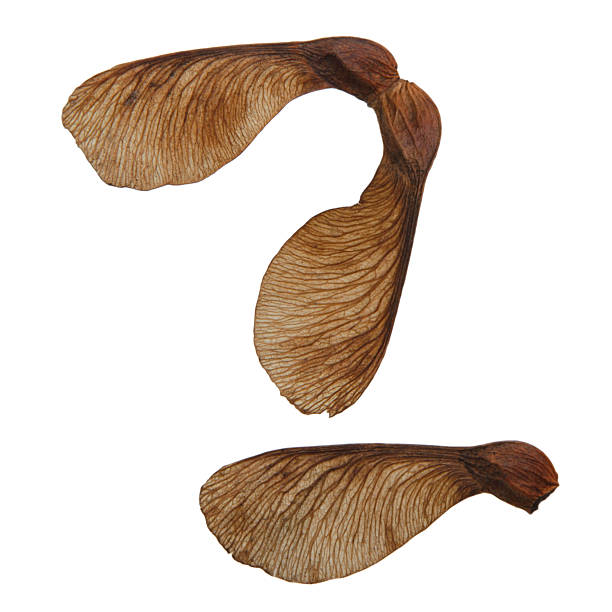No Stupid Questions
No such thing. Ask away!
!nostupidquestions is a community dedicated to being helpful and answering each others' questions on various topics.
The rules for posting and commenting, besides the rules defined here for lemmy.world, are as follows:
Rules (interactive)
Rule 1- All posts must be legitimate questions. All post titles must include a question.
All posts must be legitimate questions, and all post titles must include a question. Questions that are joke or trolling questions, memes, song lyrics as title, etc. are not allowed here. See Rule 6 for all exceptions.
Rule 2- Your question subject cannot be illegal or NSFW material.
Your question subject cannot be illegal or NSFW material. You will be warned first, banned second.
Rule 3- Do not seek mental, medical and professional help here.
Do not seek mental, medical and professional help here. Breaking this rule will not get you or your post removed, but it will put you at risk, and possibly in danger.
Rule 4- No self promotion or upvote-farming of any kind.
That's it.
Rule 5- No baiting or sealioning or promoting an agenda.
Questions which, instead of being of an innocuous nature, are specifically intended (based on reports and in the opinion of our crack moderation team) to bait users into ideological wars on charged political topics will be removed and the authors warned - or banned - depending on severity.
Rule 6- Regarding META posts and joke questions.
Provided it is about the community itself, you may post non-question posts using the [META] tag on your post title.
On fridays, you are allowed to post meme and troll questions, on the condition that it's in text format only, and conforms with our other rules. These posts MUST include the [NSQ Friday] tag in their title.
If you post a serious question on friday and are looking only for legitimate answers, then please include the [Serious] tag on your post. Irrelevant replies will then be removed by moderators.
Rule 7- You can't intentionally annoy, mock, or harass other members.
If you intentionally annoy, mock, harass, or discriminate against any individual member, you will be removed.
Likewise, if you are a member, sympathiser or a resemblant of a movement that is known to largely hate, mock, discriminate against, and/or want to take lives of a group of people, and you were provably vocal about your hate, then you will be banned on sight.
Rule 8- All comments should try to stay relevant to their parent content.
Rule 9- Reposts from other platforms are not allowed.
Let everyone have their own content.
Rule 10- Majority of bots aren't allowed to participate here.
Credits
Our breathtaking icon was bestowed upon us by @Cevilia!
The greatest banner of all time: by @TheOneWithTheHair!
view the rest of the comments

If a tree mutates and it produces a seed that is slightly flatter than its competition, then that seed will fall farther and the tree will be slightly more likely to reproduce over its competition. Repeat this for several million generations over millions and millions of years.
How long is a generation when trees can be several thousand years old?
A generation just has to be the age gap between a plant and a plant from any of its seeds. So if a tree can start to flower and drop seeds around year 3, then it's as minimal as a 3-year gap between "generations".
Did you just make this up, or is it actually true for these kinds of trees that can be several thousand years old?
Number was plucked out of my ass. But sure, let's look at a redwood and see when they start reproducing.
The Sierra Redwood can reproduce sexually (seeds in cones) as early as 24 years old, but one source I found said that seeds are usually not high-quality until the tree is 200+ years old. It also takes about a 2-year maturation period within the cone before being ready for planting. Other types of redwoods can reproduce asexually, which may have an effect on the rate of expression of the mutated genes.
That's quite interesting. And impressive, too!
Thank you for looking it up.
It doesn't matter how old the trees can ultimately live, just how long it takes for one of its offspring trees to grow enough to then itself make more offspring. And in some species of trees, that can be as little as 3 years
Thinking about it has given me the hint to ask this question :)
I'm not arguing, I wanted to learn something.
Do your parents have to die for you to be the next generation? No. An organism and it's offspring are very frequently alive at the same time and apart of different generations. Once an organism has offspring, a new generation exists. So however old an is when it can reproduce, that is the length of a generation for that species. It has nothing to do with how long said organism can live.